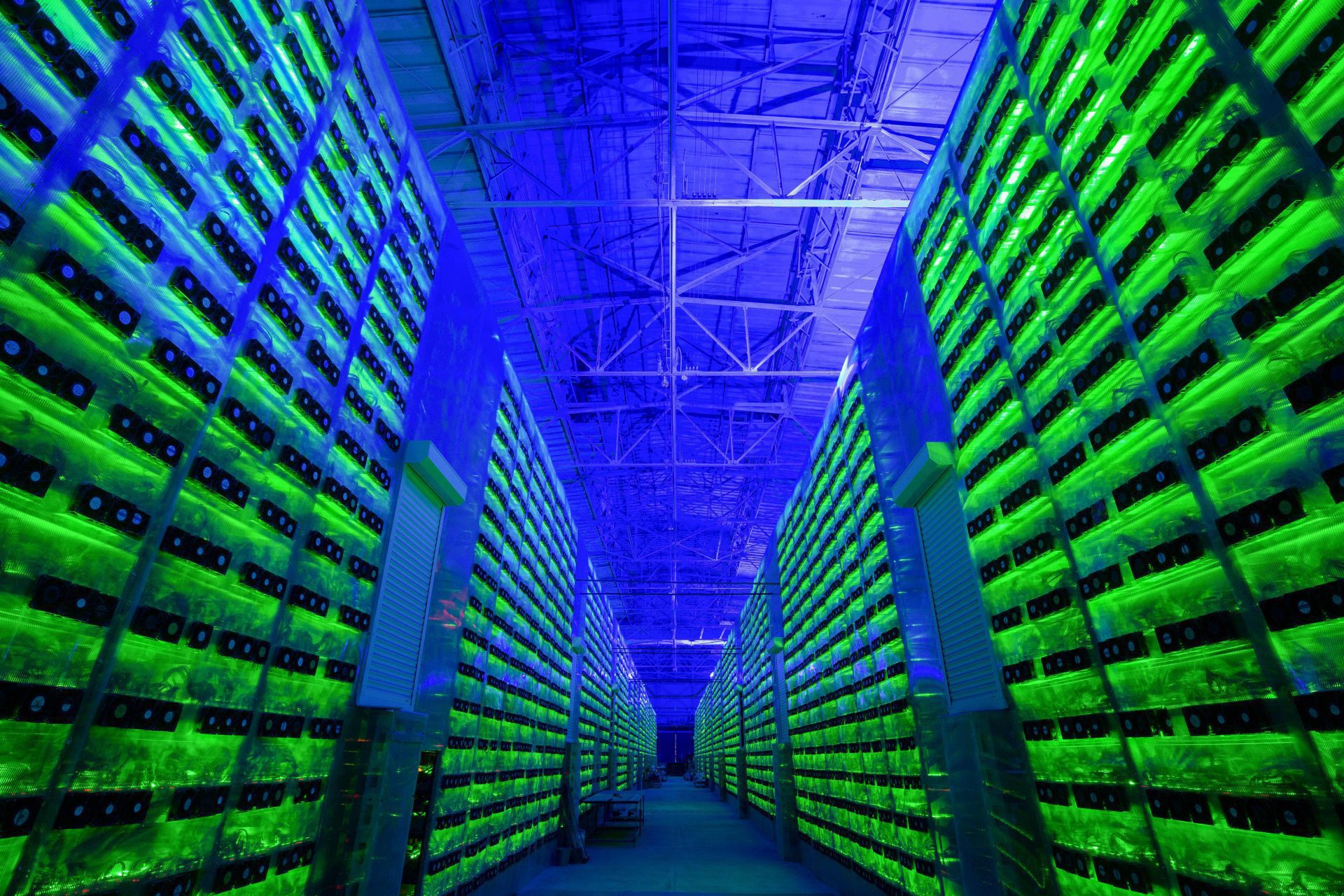Russian President Vladimir Putin has raised alarms about a potential energy crisis resulting from the unchecked expansion of bitcoin mining activities in the country.
Putin highlighted the significant power consumption of mining operations, accounting for around 1.5% of Russia’s total electricity usage, equivalent to 16 billion kilowatt-hours annually.

The president specifically expressed concerns regarding regions like Irkutsk, Buryatia, and Zabaikalsky Krai, which have been experiencing consistent power shortages.
Social and Economic Implications
Besides the immediate operational costs, the energy depletion carries broader social and economic risks. Putin stressed that power shortages could impact businesses, residential areas, public services, and overall urban development.
Regional leaders have echoed these concerns, highlighting potential disruptions to new businesses, residential zones, and critical social services.
Putin’s Advocacy for the Digital Ruble
Amidst the challenges posed by bitcoin mining, Putin has championed the adoption of the digital ruble, Russia’s central bank digital currency (CBDC).
Following a successful trial phase, the digital ruble has facilitated thousands of transactions for goods and services, indicating its utility and efficiency.
As part of its strategy to modernize the financial system and reduce reliance on Western institutions amid sanctions, Russia is encouraging businesses to explore digital currency and assets for international transactions.
Striking a Balance Between Opportunities and Challenges
Russia faces the dual task of managing the expanding cryptocurrency mining sector while advancing its digital currency infrastructure. Putin’s endorsement of the digital ruble and call for legislative measures underscore the urgency in addressing these demands.
Featured image from Getty Images, chart from TradingView


